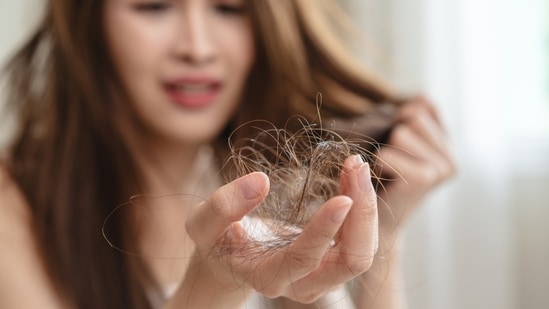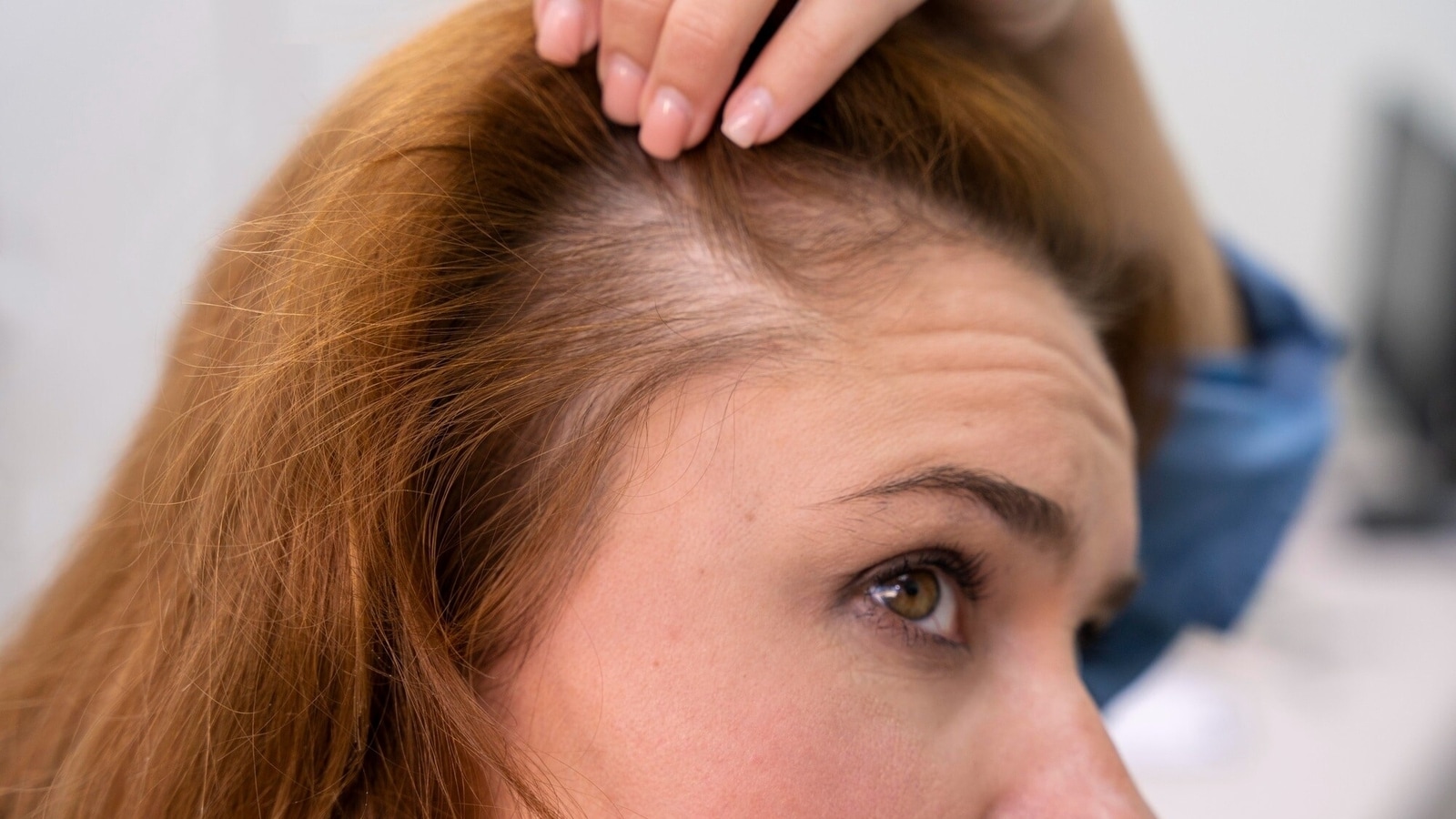Not all hair loss is a cause for concern, as the hair growth cycle often resets naturally. However, sudden or excessive hair loss may signal an underlying issue. One such condition is alopecia, which affects millions of people worldwide each year. Alopecia can occur at any age and may be linked to genetic factors, lifestyle habits, or other underlying health conditions. Also read | Facing sudden hair loss? Dermat explains if it’s hair fall attack or hair cycle reset
In an interview with HT Lifestyle, Dr. Amrutha Hosalli Karjol, consultant and chief dermatologist, Vrudhii, Skin Center and Surgery Clinic, Hesargatta Road, Bengaluru said, “While some hair shedding is normal, sudden or excessive hair fall can be distressing and may indicate the need for medical attention. Early recognition and timely management are crucial in preventing long-term damage to hair follicles and restoring confidence.”
Certain medical conditions can trigger and worsen alopecia. Dr Amrutha Hosalli Karjol shared the common causes of sudden hair loss that need immediate attention.
1. Hormonal imbalances and endocrine disorders
Changes in hormone levels, particularly due to thyroid disorders or conditions like Polycystic Ovary Syndrome (PCOS), can disrupt the hair growth cycle. In women, elevated androgens may weaken hair follicles, leading to gradual thinning along the crown or widening of the hair parting. Also read | Blaming stress for hair loss? Dermat says it can be alopecia: Know types, risk factors

2. Autoimmune and inflammatory conditions
Diseases such as alopecia areata and lupus trigger the immune system to mistakenly attack healthy hair follicles. This often results in sudden, patchy hair loss on the scalp, beard, or other body parts. In some cases, inflammation of the scalp due to conditions like seborrheic dermatitis or psoriasis can worsen hair fall.
3. Post-illness and nutritional deficiencies
Major illnesses, high fevers, or post-viral syndromes, including COVID-19, can cause telogen effluvium, where hair shifts into a shedding phase. Inadequate intake of proteins, iron, vitamin D, and other micronutrients also weaken the hair structure, making strands more prone to breakage and fall. This can lead to noticeable hair thinning and hair loss. Also read | 5 effective tips for Indian women to reduce hair fall immediately
Note to readers: This article is for informational purposes only and not a substitute for professional medical advice. Always seek the advice of your doctor with any questions about a medical condition.
